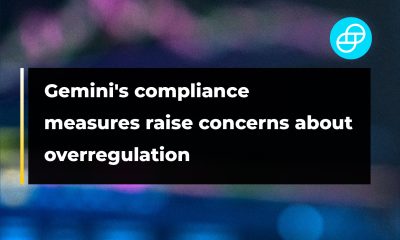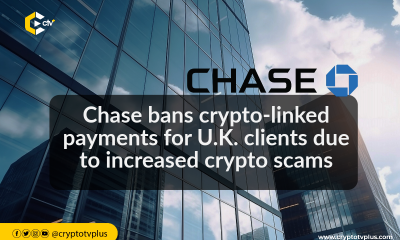News
UK regulator warns of unauthorized operation of Poloniex after $100M hack

The Financial Conduct Authority (FCA) issued a warning, stating that a specific crypto exchange operates without proper authorization.
The FCA specifically warned about the crypto exchange Poloniex and added the company to its list of non-authorized entities.
The Seychelles-based crypto exchange Poloniex, affiliated with Justin Sun, has been the target of a series of hacks over the past two months.
On December 6, the FCA published a warning to Poloniex on its website, stating that “firms and individuals cannot promote financial services in the UK without the necessary authorization or approval.”
The FCA emphasizes that consumers do not have the same rights and protections when dealing with companies not authorized by the FCA.
Since 2020, the FCA received 291 applications from crypto companies seeking registration but only approved 38.
Since October, the FCA added 140 crypto companies to its warning list, including HTX and KuCoin, and only authorized one company, PayPal UK.
Poloniex experienced a major hack on Nov. 10, resulting in a loss of $100 million. The company has since been working to restore its systems and announced plans to resume withdrawals and deposits by the end of November.
On December 5th, Poloniex announced that it had resumed deposit and withdrawal services for specific cryptocurrencies on the Tron network, including Tether(USDD), BitTorrent(BTT), WINkLink (WIN), ApeNFT (NFT), Sun Token (SUN), Just (JST), and others.
According to its official statement, “the resumption of deposit and withdrawal services for more cryptocurrencies on the platform will be implemented gradually.”
In addition to the hack of Poloniex, Justin Sun’s platforms, including HTX and Huobi, have been the target of four hacks in the last two months.
In September, HTX lost $8 million in a hack, and in late November, the platform suffered another attack, losing an additional $30 million.
In addition to the attacks on HTX’s platform, its HECO Chain bridge was also compromised, resulting in the theft of more than $86 million in digital assets.
Read also: Will Ordinals be dead by 2024?
























